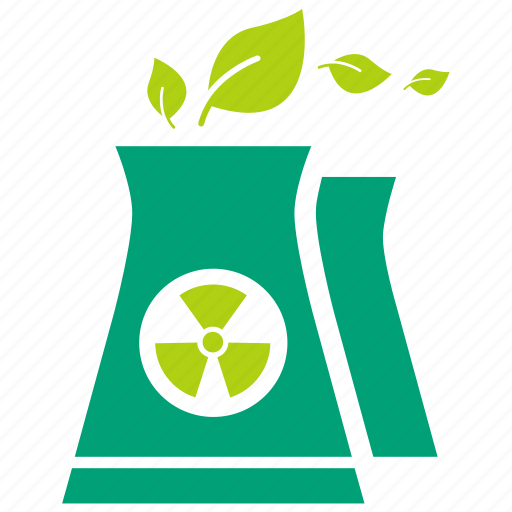The UK government has launched a competition for funding up to GBP70 million (USD90 million) to support the development of a commercial HALEU deconversion facility in the country.
High-assay low-enriched uranium (HALEU) - uranium enriched to between 5% and 20% uranium-235 - will be used in the advanced nuclear fuel required for most of the next-generation reactor designs currently under development. At present, only Russia and China have the infrastructure to produce HALEU at scale.
The HALEU deconversion competition forms part of the GBP300 million UK HALEU Programme, launched in January with the aim of delivering a HALEU capability in the UK by 2031. The UK Department for Energy Security and Net Zero (DESNZ) said the investment will support domestic production of HALEU and is part of plans to help deliver up to 24 GWe of nuclear power by 2050, providing about 25% of the UK’s electricity needs.
In May, the government announced the first tranche of this funding, awarding GBP196 million to Urenco to deliver a first-of-a-kind HALEU enrichment capability on a commercial scale, targeting first operations in 2031.
Specifically, the grant available in the competition is intended to support the design and construction of a commercial-scale oxide HALEU deconversion facility and the design of a commercial-scale metal HALEU deconversion facility.
The oxide HALEU deconversion facility is to be operational by 2031 in the UK. The facility should have an initial capacity to process at least 10,000 kgU per year but should be designed to allow for future expansion of production up to at least 30,000 kgU per year, DESNZ said. The facility should also permit the future inclusion of a metal deconversion line in the event of market growth. The application must also include, at a minimum, a proposal for the detailed design of a commercial-scale metal HALEU deconversion facility, with a minimum capacity of 5000 kgU per year.
“The successful applicant will be expected to collaborate with HALEU delivery partners and across the wider HALEU supply chain,” DESNZ said. “This may include collaboration with the Nuclear National Laboratory (NNL) which is being considered for funding under the HALEU Programme. If successful the NNL will be utilising HALEU grant funding to build UK skills and capability in oxide and metal deconversion via a deconversion test rig and associated R&D programme, which could support the successful Applicant. If the NNL project goes ahead, we would anticipate that the successful applicant would work with NNL to derisk and optimise their plant design and facility operations during the course of the project.”
The deadline for expressions of interest is 5 September, with applications accepted until 9 September. The funding period for this grant will be FY25-26 to FY29-30. Industry co-funding will be required at a minimum rate of 70:30 (government: industry).
“The project will support the growth of the front-end HALEU supply chain used by the UK nuclear industry whilst rebuilding scarce skills,” DESNZ said.


.jpg?ext=.jpg)